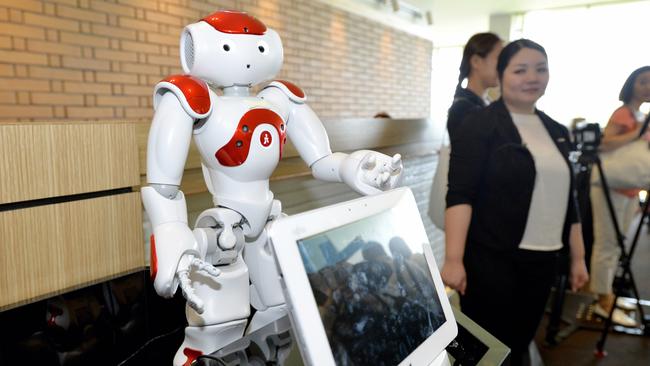Welcome to a brave new world
What will international travel look and feel like in a post-COVID era?

What will international travel look and feel like in a post-COVID era? It’s too early for absolute pronouncements, but there are new technologies paving the way for lift-off.
I have noted a few such changes during recent hotel stays. Anyone who’s had a city staycation or a road trip in 2020 will have experienced touch-card payments (goodbye, cash), swipe-card entry (get lost, keys) stripped-down guestrooms (farewell pads, pens, stocked minibars and bedspreads), and social-distancing protocols at reception desks, in elevators and across dining spaces. Smartphone apps that can be used to check in and out of accommodation, open and close guestroom curtains, and control heating, cooling and lights? They’ll soon be de rigueur. GlobalData, an international analytics company, quotes one of its disruptive tech analysts (I am not making this up), who specialises in contactless travel technologies. Biometrics, for example, could mean the automation of an entire air journey from airport check-in and bag drop to security clearance and final boarding through “designated lanes equipped with facial recognition systems”.
Singapore Changi Airport has automated kiosks whereby “infrared proximity sensors” can identify the “motion of a passenger’s finger as they point towards the options on the screen”. Abu Dhabi international airport has partnered with a UAE tech start-up to install touchless elevator panel technology “controlled by gestures, allowing people to command an elevator without physically pressing any buttons”. GlobalData says Hong Kong International Airport has “intelligent sterilisation robots” in passenger facilities and public areas. “The autonomous robots, equipped with ultraviolet lights and an air steriliser, can sterilise their surroundings in 10 minutes with 99.99 per cent accuracy.”
As the population of Japan ages and the workforce diminishes, its tourism industry has been investing for at least a decade in artificial intelligence solutions. Robots were in place at main airports for this year’s (postponed) Tokyo Summer Olympics to perform tasks such as luggage collection and translations for foreign visitors. The Henn-na Hotel, near Nagasaki, introduced robot staff, including a dinosaur, in 2015, and followed up with a property near Tokyo Disneyland staffed by 140 robots and seven humans. One reviewer of the sister hotels described the painful interactions with the reception desk droid as like dealing with (virtual assistant) Siri’s even less intuitive sister.
From my experience with technology, if it can go wrong, it will. Facial recognition, they say? Who among us looks like their passport photo or even themselves after a flight to Europe? There are concerns, too, about personal data collection in a brave new cyborg world. Stay tuned. Be brave.


To join the conversation, please log in. Don't have an account? Register
Join the conversation, you are commenting as Logout